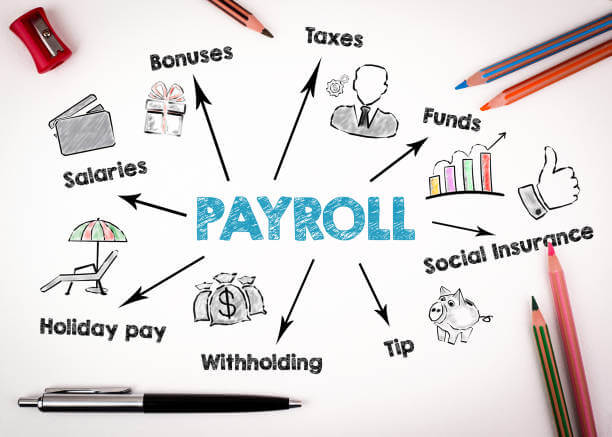
Should Payroll be under Finance or Human Resources?
One of the biggest challenges that businesses have when it comes to payroll is deciding what department should be responsible for it. Should Payroll be under Finance or Human Resources? This is one of the first aspects you need to take into account when you are determining how to manage payroll at your business. Payroll management, if not addressed properly, can negatively impact your business efficiency. To make an informed decision, it is essential to comprehend the role of both Finance and Human Resources in managing payroll.
In this article, we are going to take a look at payroll in terms of being under both the Finance and Human Resources department. This will help you to get a better understanding of the way this should be handled at your company.
Understanding Payroll Under HR Management
Traditionally, Human Resources has played a pivotal role in managing payroll, due to its strong correlation with employee-related activities. Let’s delve into why it could be beneficial to house payroll under the HR department.

This includes the following:
The Role of HR in Payroll Management
- Understanding of Labor Laws: HR professionals typically possess expertise in labor laws, which significantly influence legislative payroll compliance.
- Access to Payroll Data: Most payroll data emerges from HR activities, such as tracking benefits, unpaid leave, promotions, and terminations, making HR an ideal candidate for payroll management.
- Employee Queries: HR, being directly involved with employees, can effectively handle payroll-related queries.
- Confidentiality Maintenance: Payroll data demands a high level of confidentiality, which is often the forte of the HR department.
Evaluating Payroll Under Finance Management
At the same time, the financial aspect of payroll makes the Finance department a natural contender for payroll management. Let’s explore the potential benefits of placing payroll under the Finance department.
The Role of Finance in Payroll Management
- Cost Monitoring: As payroll constitutes a significant cost for businesses, the finance department can effectively monitor and report this expense.
- Audit and Legal Compliance: Finance professionals are typically well-versed in strict audit and legal requirements for payroll.
- Taxation Expertise: Finance experts can effectively handle taxation issues related to payroll.
- Accounting Knowledge: Running payroll involves various accounting functions, such as posting to general ledger and reconciliations, which are inherent tasks of the Finance department.
Which Department is the Best Fit for Payroll Management?
Evaluating the merits of both departments, it becomes clear that each carries its unique challenges. While HR may lack in-depth financial knowledge, Finance might struggle with addressing employee queries and maintaining confidentiality.
The best solution largely depends on your business structure and operations. If a third-party system handles your payroll, then access to financial data should be regularly provided to the Finance department. However, if your employees frequently have payroll queries, HR might be the better option.
In order to ensure seamless operations and mitigate risks, such as HR violations or accounting errors, it is crucial to engage individuals with the relevant skillsets for specific tasks.
The Solution: Collaboration Between HR and Finance
Given the complexities and overlapping responsibilities, the optimal solution might not be to choose between HR and Finance, but rather to establish effective collaboration between the two departments.
In this model, HR professionals would manage all employee-related matters, while the Finance department would handle the financial aspects. Establishing a robust collaboration platform can ensure smooth communication and clarity in roles and responsibilities.
Therefore, to optimize payroll management, it is crucial to foster a harmonious collaboration between HR and Finance. By recognizing the unique strengths of each department, businesses can make informed decisions and ensure seamless payroll management.
FAQ: Payroll under Finance or HR?
Q1: Should payroll be managed by the HR department or the Finance department?
A: Both departments have their unique strengths when it comes to managing payroll. HR has a direct relationship with employees and a good understanding of labor laws, whereas Finance excels at cost monitoring, audit and legal compliance, and handling taxation issues. The best solution largely depends on your business structure and operations.
Q2: What are the benefits of the HR department managing payroll?
A: HR professionals often have a better understanding of labor laws, access to payroll data, and are equipped to handle employee queries and maintain confidentiality.
Q3: What are the benefits of the Finance department managing payroll?
A: The Finance department is often better at cost monitoring, understanding strict audit and legal requirements for payroll, handling taxation issues, and conducting various accounting functions related to payroll.
Q4: What could be the best solution for managing payroll?
A: The best solution might be to establish effective collaboration between the two departments, with HR professionals managing all employee-related matters and the Finance department handling the financial aspects of payroll.